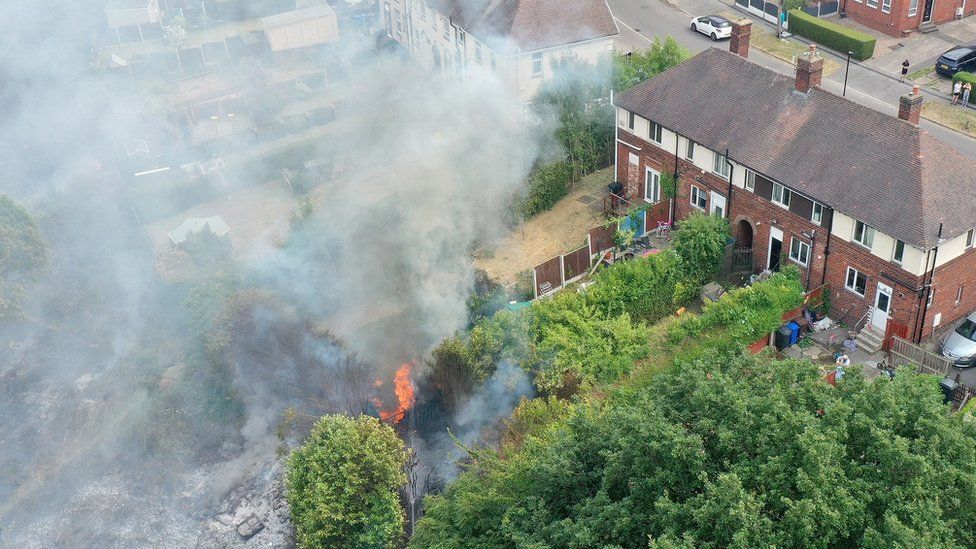Independent advisors have said that the government did not adequately prepare England for significant climate change.
The government’s adaptation plans—means of preparing to deal with the effects of global warming—are reviewed in the latest report by the Committee on Climate Change.
Without a “step shift” in policy, it was concluded that the government is not succeeding in meeting any of its objectives, and the risk of death has grown.
The administration declared that it will follow the suggestions.
The committee, sometimes referred to as the CCC, is an impartial team of professionals assembled to advise the government on the climate catastrophe.
The head of the CCC’s adaptation sub-committee, Baroness Brown, complained that the government wasn’t treating the problem seriously enough.
Read Also: un-mulls-icjs-involvement-in-climate-change
“The government’s lack of urgency on climate resilience is in sharp contrast to the recent experience of this country,” she said.
Over the last couple of years, England has faced a series of extreme weather events, likely made worse by climate change.
Last year was the warmest on record for the UK – temperatures broke 40C for the first time and more than 25,000 wildfires broke out.
As well as extreme heat, rainfall has been consistently low for parts of south and southeast England, affecting crop yields.
Andrew Blenkiron’s 6,000-acre (24 sq km) farm in Thetford, Norfolk saw just 2.4mm of rain in February compared to the local average for that month of 43mm. He has now been forced to cut back on plans to plant potatoes, onions, parsnips, and carrots by around a fifth.
He said: “Farmers are at the very forefront of climate change on a day-to-day basis… we are used to working with these issues, but we are concerned with the extremes we are now facing.”
To cope with the impacts of extreme heat Mr Blenkiron has enlarged reservoirs on his farm and shifted harvesting patterns to prevent wildfires.
But he said that farmers needed more money from the government to implement their climate plans, especially if they were involved in new infrastructure projects like reservoirs.
Story adapted from BBC
